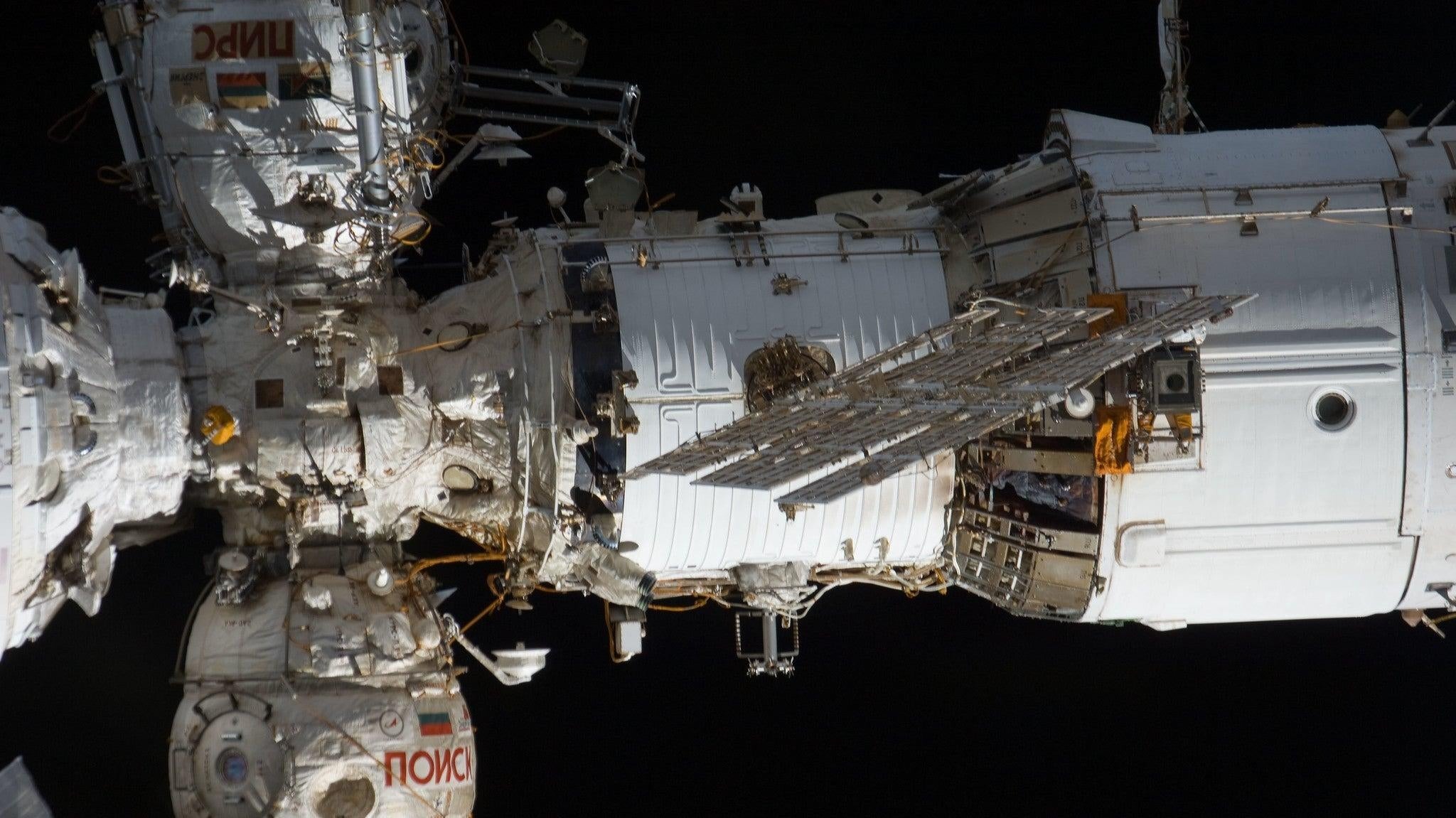NASA has discovered that air leaks from the International Space Station (ISS) are occurring at an increasing rate. At the same time, the space agency reassures that the loss of air does not yet pose a threat to astronauts on board.

The rate of air leakage in the Zvezda service module has doubled from 500 grams to more than a kilogram per day. The malfunction was reported by NASA’s ISS program manager Joel Montalbano during a press briefing, SpacePolicyOnline informed.
The Roscosmos Space Agency first reported the leak in August 2020, which was discovered in the Russian Zvezda life support module, which Russia launched in July 2000. The leak is in the air lock located between the docking port and the rest of the module. The module contains important life support systems, and crews rely on it as a critical emergency support center.
The leak rate increased about a week before the launch of the Progress MS-26 cargo spacecraft on February 14, which docked to the aft part of the module. The hatch connecting the module to the ISS remained open for five days when the crew unloaded cargo from Progress MS-26 to the ISS. But since then it has been tightly closed.
Roscosmos also admitted an air leak. The space agency of the aggressive country assures that the crew regularly works to identify the source and eliminate possible leaks on the ISS. And that the leak does not pose a threat to the crew or the space station. The words of Roscosmos are confirmed by NASA: “Were working with our Russian colleagues on the next step. Not an impact right now on the crew safety or vehicle operations, but something for everybody to be aware of.”
Defective Russian modules on the ISS
This is not the only leak discovered from Russian equipment on the ISS. In December 2022, ground crews noticed a coolant fountain gushing from a holed Soyuz spacecraft docked to the ISS. In February 2023, coolant also began to leak from the Russian cargo ship Progress 82. In October 2023, coolant began to leak from the backup radiator of the Russian Nauka module, installed on the outside of the module. Russia blamed external influences for the leaks. But three incidents in a row point to potential manufacturing defects.
The orbital outpost has been in low Earth orbit for more than 20 years. In 2030, the International Space Station is due to retire and fall to Earth in a controlled manner to make way for new commercial space stations. This will happen at the beginning of the next decade. By then, hopefully, the aging space station will be able to keep the crew on board.
Earlier, we reported on how the air on the ISS was saturated with toxic dust.
According to Space
Follow us on Twitter to get the most interesting space news in time
https://twitter.comne/ust_magazine


